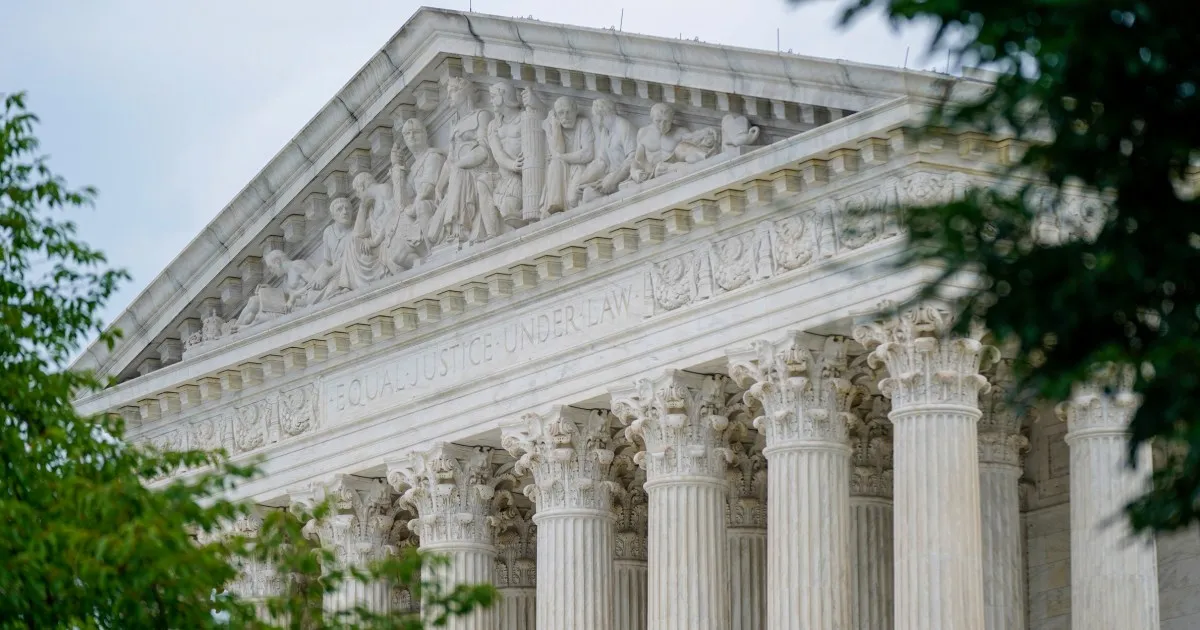
In a significant move, the Trump administration on Tuesday requested the Supreme Court to facilitate the deportation of convicted criminals to third countries that are not their countries of origin. This legal maneuver aims to counter an injunction issued by U.S. District Judge Brian Murphy, based in Massachusetts, which mandates that affected immigrants nationwide should have a legitimate opportunity to express concerns regarding potential risks of torture, persecution, or even death upon their deportation.
Judge Murphy later clarified that these immigrants should be afforded a minimum of ten days to bring forth their claims before facing deportation. Just last week, the judge ruled that the administration had breached his previous order by transporting eight migrants to South Sudan. These individuals are currently being detained in a U.S. facility located in Djibouti.
The ongoing litigation primarily concerns the legal procedures that must be followed before deportation can occur, as all immigrants involved are already under a deportation order. The case underscores the critical balance between legal rights and administrative powers regarding immigration.
In the recent filing, Solicitor General D. John Sauer asserted that Judge Murphy's rulings impose an excessively burdensome set of procedures that exceed the authority of the judiciary. He argued that these newly established judicial procedures are currently causing significant disruptions to the third-country removal process. Furthermore, he emphasized that the injunction undermines the Executive’s authority over immigration policy and hampers vital diplomatic, foreign policy, and national security efforts.
Judge Murphy's initial ruling in April concluded that the plaintiffs were merely seeking basic due process. He articulated that the plaintiffs were requesting to be informed of their deportation to a new country prior to the actual removal and to have an opportunity to present their cases, explaining why such deportations could likely lead to their persecution, torture, or death.
On Monday night, Judge Murphy rejected the government's attempt to reconsider the requirements related to the immigrants currently in South Sudan. He noted, “It turns out that having immigration proceedings on another continent is harder and more logistically cumbersome than Defendants anticipated." He concluded with a hope that "reason can get the better of rhetoric,” highlighting the complexity and sensitivity of this legal and humanitarian issue.